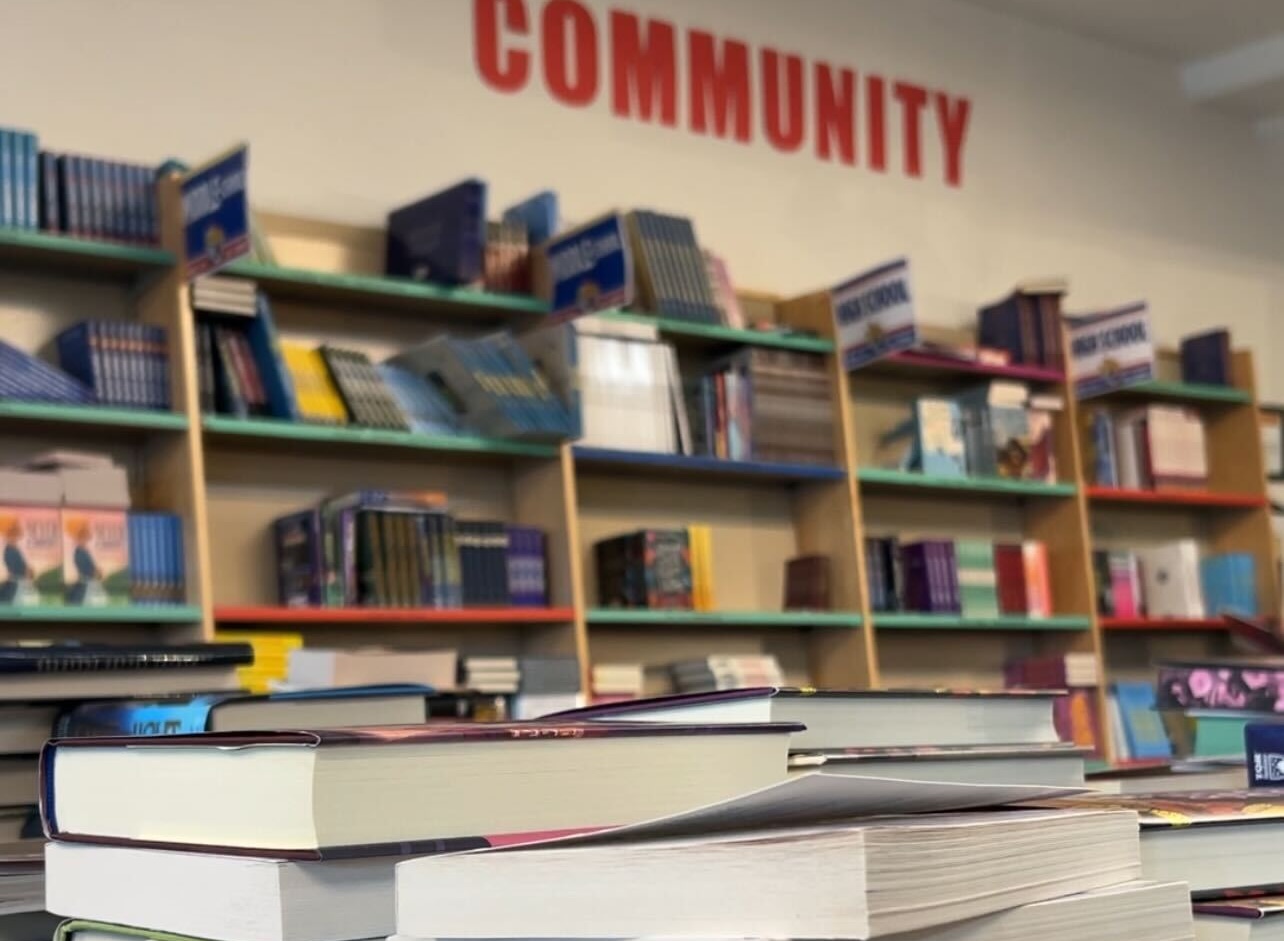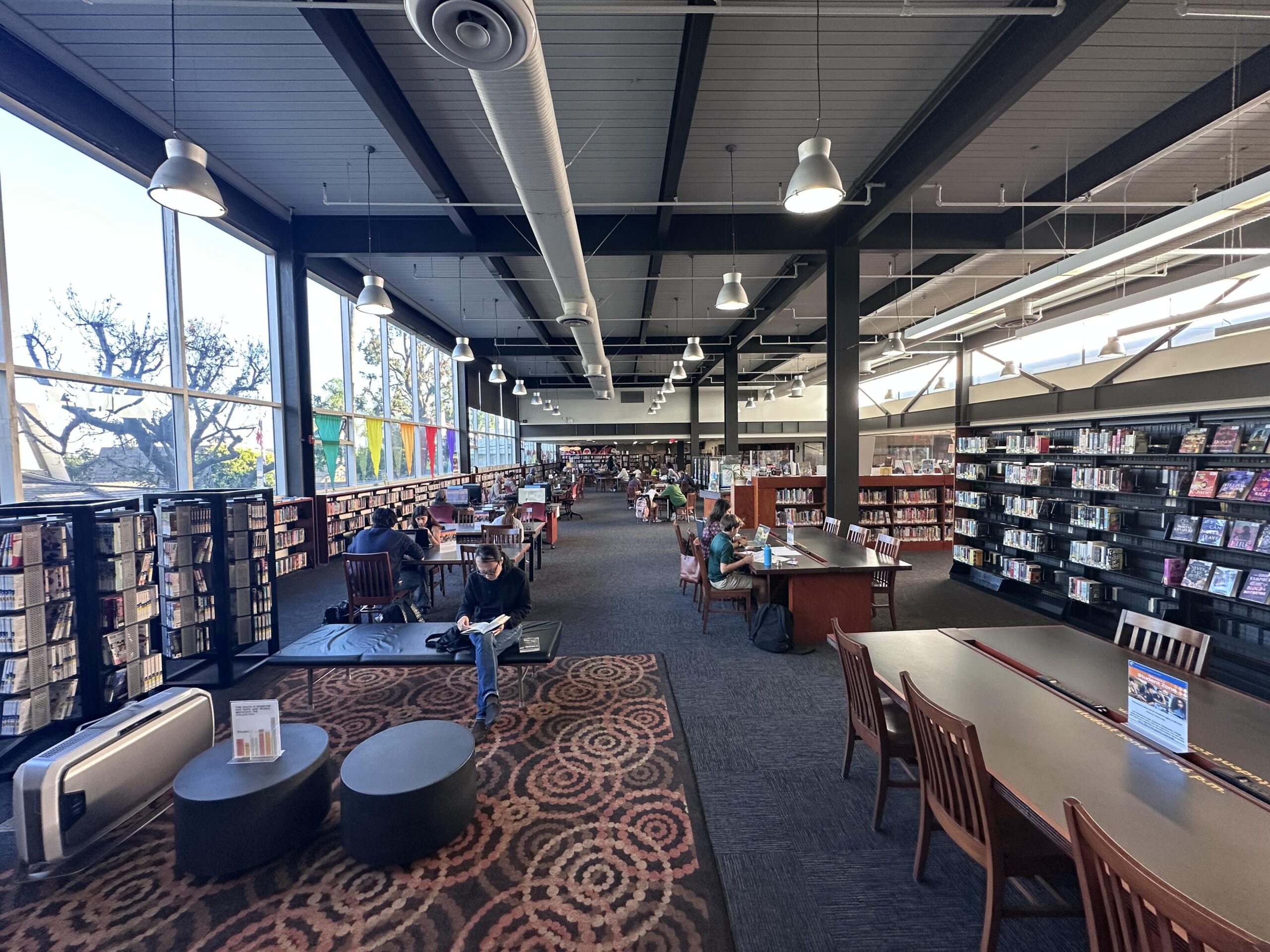A glimpse of Lowell Observatory, run by educator Claire Gibson [Screenshot Credit: Barbi Walker-Walsh]
(FLAGSTAFF, Ariz.) — Before we settle down to participate in the live-streaming stargazing event, my husband, 13-year-old son, and I head outside to look at Mars. It shines as bright as an autumn moon.
Tonight (Oct. 13) is the Lowell Observatory’s interactive stargazing and “Mars at opposition” event on YouTube. About every 26 months, Earth finds itself squarely between the famous Red Planet and the sun, also known as Mars at opposition. This also happens to be the 126th anniversary of Lowell Observatory.
“It’s almost an identical opposition that happened in 1894,” Kevin Shindler, a Lowell historian and co-host for the evening, tells a room of almost 3,000 planetary enthusiasts who’ve gathered to participate in the live event.
One of the observatory’s main goals is to make astronomy, science, and space more accessible to everyone—to be inclusive to all, regardless of your scientific knowledge. Last year, around 100,000 people visited the observatory. And although the coronavirus pandemic forced the observatory to close down, they’ve continued to engage people worldwide with these interactive events.
The evening opens with Claire Gibson, the observatory’s youngest public program educator (she graduated high school this year, during the pandemic), positioning the telescope to view the first galaxy of the night, the Andromeda Galaxy. My family and I sit on our sofa and watch as Gibson, 150 miles north of us, points and clicks her way around her screen to get the telescope to move where she wants so we can examine constellations, planets, and stars.
After a brief introduction, Gibson begins tackling the dozens of requests coming in from the chatbox of the live YouTube feed asking her to direct the telescope at which objects attendees want to see in space. She reads the submissions aloud as she maneuvers the massive telescope. Suddenly, our television screen fills with a screen share of multiple windows. Each window contains locations to enter numbers and links allowing Gibson to find objects in space. A dark blue globe peppered with constellations, planets, and stars pops up on our screen. Here we are, accessing the vast universe live and on our TV or laptop screens like the brains at NASA.
Requests to see more objects flood in; and much to Gibson’s delight, there are a few of her favorites: the M-15 globular cluster, Eagle Nebula, and the Dumbbell Nebula. Finally, the stargazing portion must come to an end. Gibson encourages participants to join the following Tuesday’s event so she can accommodate them.
The screen changes formats, and now Shindler and his two colleagues, Dr. Bill Sheehan and Lowell Observatory volunteer Klaus Brasch, Ph.D., conduct their portion of the event via a Zoom live panel. Sheehan’s internet connection fades in and out, sometimes pixelating his image and garbling his voice in the now-familiar staccato of spotty service we’ve all grown accustomed to amid the pandemic. The three men take the disruption in stride, chuckling, and shrugging it off. Despite the ability to look at planets, the Milky Way, and other constellations from my living room, there is irony in the glitches of modern technology.
The show goes on.
The pandemic pushed the observatory’s plan for greater outreach via live and interactive events earlier than intended, something the observatory had been planning for some time, says Shindler. “It’s something we’ve talked about,” he says. “The pandemic forced our hand.”
They are eager to return to normal. But the silver lining is that the pandemic has given them an earlier start to moving forward and engaging community members far and wide, across the globe. It has also, in many ways, highlighted how quickly the world around us is changing.
“It’s certainly a crucial time for us and the planet,” says Brasch. “Science can and does teach us much about the natural world and human behavior, but unless that’s widely accepted and integrated into people’s psyches, chaos might indeed become the norm.”

